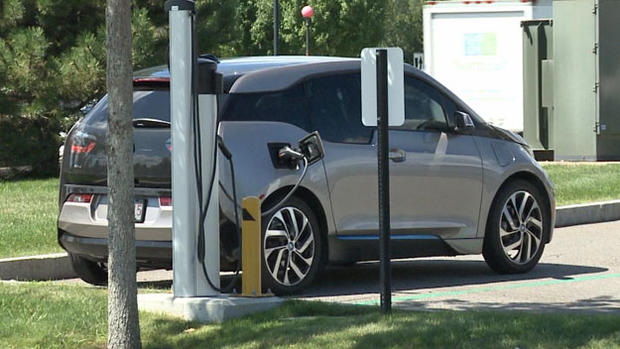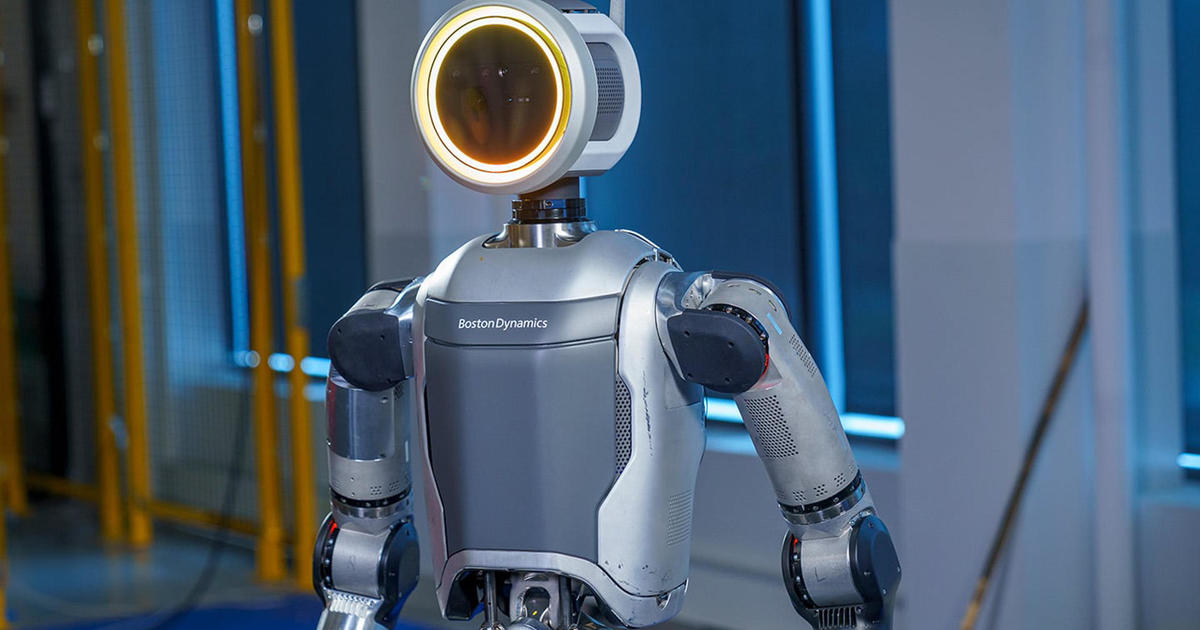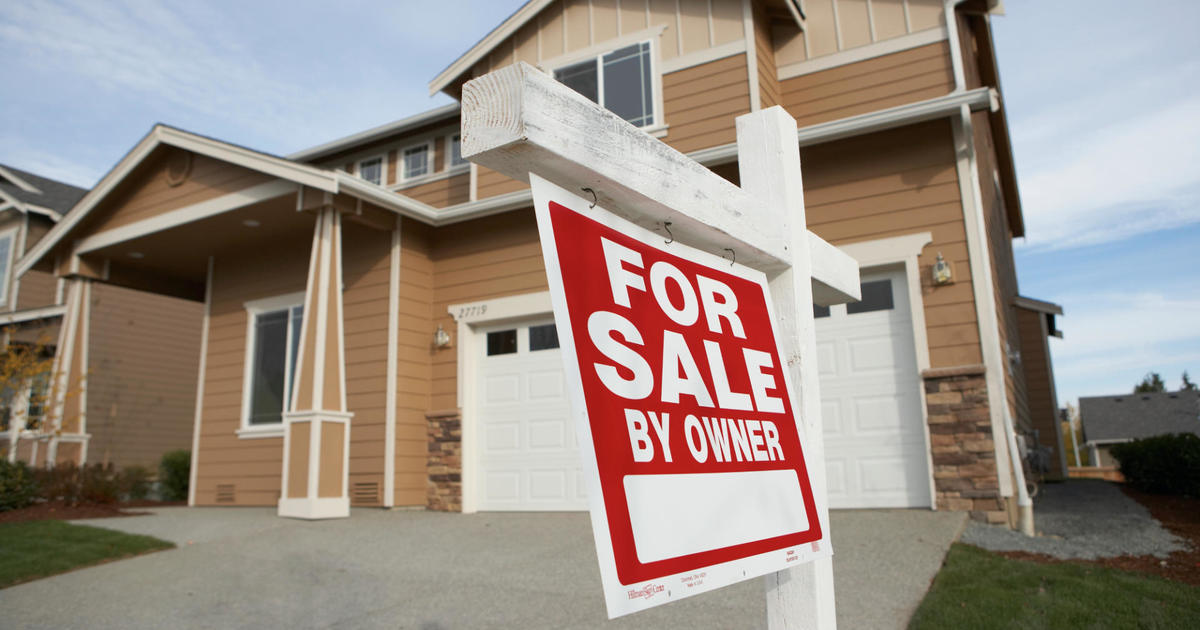I-Team: State Wasting Millions Of Dollars On Electric Car Programs?
BOSTON (CBS) - With the consensus growing that time is running short to address climate change, state leaders are spending millions of dollars to promote clean energy.
Part of that agenda includes a large chunk of money to encourage the use of electric cars.
Joel Salituri recently bought a BMW i3 and is already seeing the savings. He is spending about $35 a month in electricity to charge the car. "I was averaging a little over $300 a month, give or take the gas prices. It's about a 90% savings."
While Salituri is happy to save money and help the environment, he's also pleased with the rebates he got from the government when he bought his car. "The federal is $7,500 and the state is $2,500, so that's $10,000 immediately off the top."
Massachusetts Commissioner of Energy Resources Judith Judson thinks the state's rebate program is a good investment. "We do see an opportunity here."
When asked if this money could be better spent on other green initiatives instead, Judson said greenhouse gas emissions need to be addressed in the transportation sector because it accounts for about 40% of all emissions.
The I-Team examined how much the state is spending on electric car related programs.
Four million dollars has been spent in rebates to electric car owners since 2010. Another $5.4 million went to subsidizing electric charging stations.
In total, the Baker administration is committing $20 million for all electric vehicle programs.
When asked if she thought these types of programs could really spur the ownership of electric cars, Judson said yes. "The cost of these vehicles is coming down, and coupled with the rebates, we do see these catching on."
That's not what the I-Team found. We observed a state subsidized charging station at a busy Plymouth shopping plaza for 10 hours. Joel Salituri was the only car owner to pull in for a charge during that time span.
"I haven't been here and found anybody else ever using them," added Salituri.
David Tuerck of the Beacon Hill Institute, a conservative think tank, believes these programs are a waste of money. "The average family is not going to take advantage of these rebates to buy electric cars, because electric cars just aren't practical. Electric cars are for wealthy people that drive to cocktail parties where they can amuse themselves by mentioning they came there in an electric car."
Electric car sales have been slumping for a while now. Cars that rely on electricity in any form now make up about only 3% of vehicles on the road. That's the smallest share in four years.
Possible causes include the lower prices of gas, and design issues like concerns about how long a battery will stay charged.
John Paul of AAA added, "Gasoline internal combustion engines right now are just that much more practical."
Judson defends the state's investment in this area, saying it's not just a niche market. "It's a growing industry, and it's important to the future of the Commonwealth."
Judson added that these programs are not funded with taxpayer dollars, but mostly with penalties and fines collected against large polluters.
Critics, like Tuerck, argue this public money could be spent in a more impactful way. "They come up with ideas that are not based on reality."




